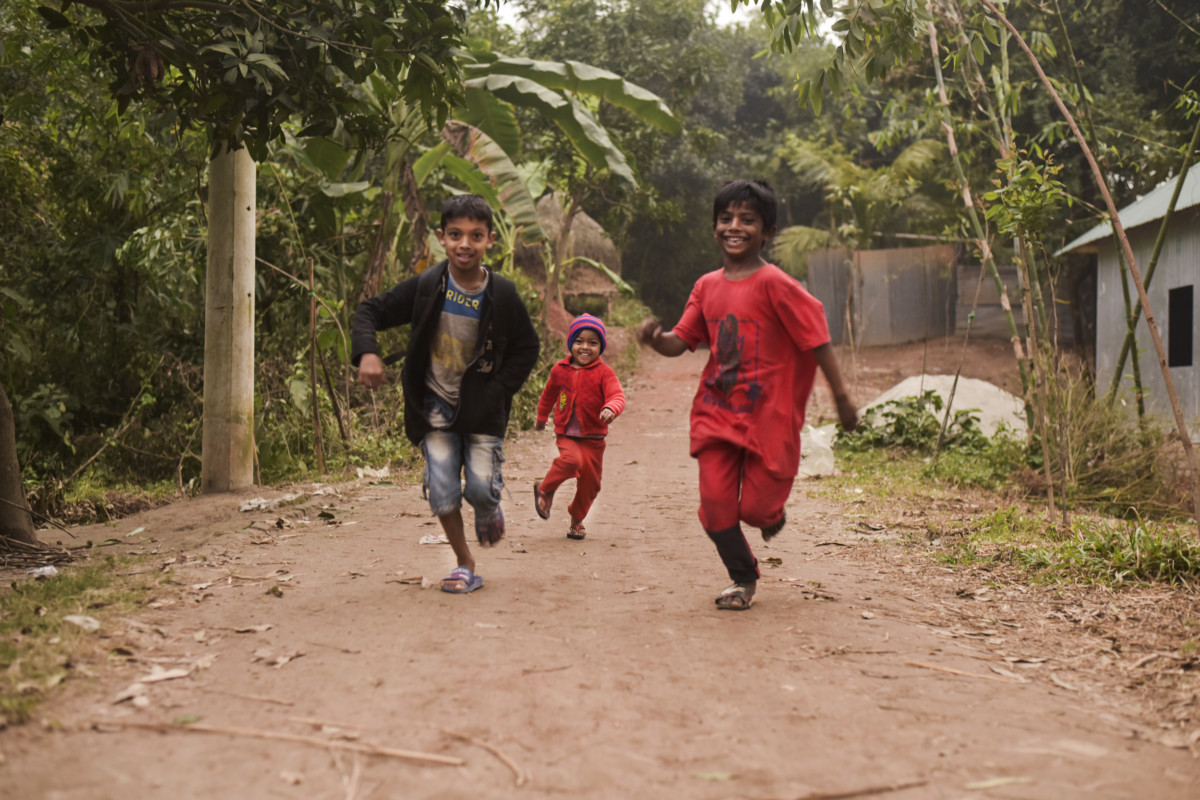Civil Society Organization Community Outreach (2021)

Pure Earth Bangladesh has initiated a Civil Society Organization (CSO) project in two districts in Bangladesh: Naogaon and Muolvibazar, with an aim to encourage community-based organizations to undertake initiatives to raise awareness about pollution in their communities. In collaboration with two local non-governmental organizations like the Hunger Project Bangladesh (THP) in Naogaon and We are Friends for Human (WAFFH) in
Moulvibazar districts, the project facilitated them in identifying and investigating the pollution in areas, which are prevalent and damaging their environment.
In doing so, the project started with understanding the context and addressed the problems by collaborating with the CSOs who have a good understanding, as well as access to their communities.
The first phase was to understand the context and get insights from the CSO through workshops to get their feedback about the problems associated with local pollution and their impacts on the communities. The goal of those workshops was to understand both urban and rural perceptions on what kind of pollution issues were affecting their lives in a harmful way. We identified key determining factors of the pollutants that were persistent in those communities. Keeping all these in mind, two workshops were organized in Kulaura, Context Ideation Rapid Prototype Moulvibazar, and Mohadevpur, Naogaon. Indoor air pollution and pesticide pollution in tea gardens were identified as the major pollutants in the tea worker communities in Kulaura, whereas in Mohadevpur, dumping rice husk ash (RHA) indiscriminately in open places was identified as the most prevailing public health hazard.
The second phase involved group brainstorming to identify the best possible intervention ideas. Firstly, actor mappings were done by the stakeholders who participated in those workshops in Kulaura and Mohadevpur. The workshop participants discussed and identified the relevant actors (who can be dubbed as stakeholders in the communities), who could play significant roles in solving the identified pollution. Later, it was discussed how to include and involve these actors in the due process of the solution, so that an effective network in the locality could be developed. The ideas, however, were in line with Pure Earth’s initiatives as well as the activities expected to bring about the required changes in the communities. For example, i) CSOs could go door to door in the community, discuss pollution and measure the level of pollution at regular intervals, ii) carry out mass awareness campaigns to
reduce air/lead pollution and iii) the likelihood of advocacy with the government, advocacy groups, and media to take on a mass campaign to harmful aspects of pollution.
In the third phase, based on the ideas generated in the second phase, one prototype was developed by the CSO in Mohadevpur that not only solves pollution problems but also generates employment opportunities for the local communities with an option to become entrepreneurs. However, due to the short duration of this pilot project, future scaling up of the prototype was left with the CSO.
Pure Earth, in collaboration with the CSO, will do the follow-up to assess whether the design is effective to be scaled up across Bangladesh in the future.
